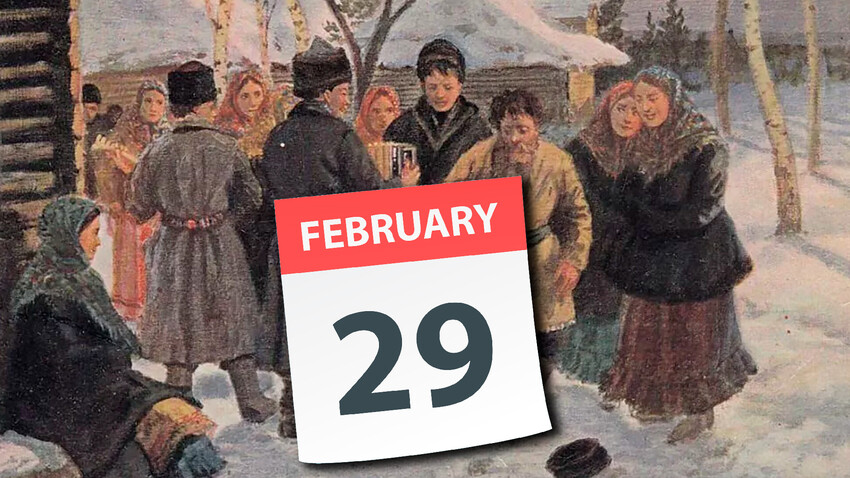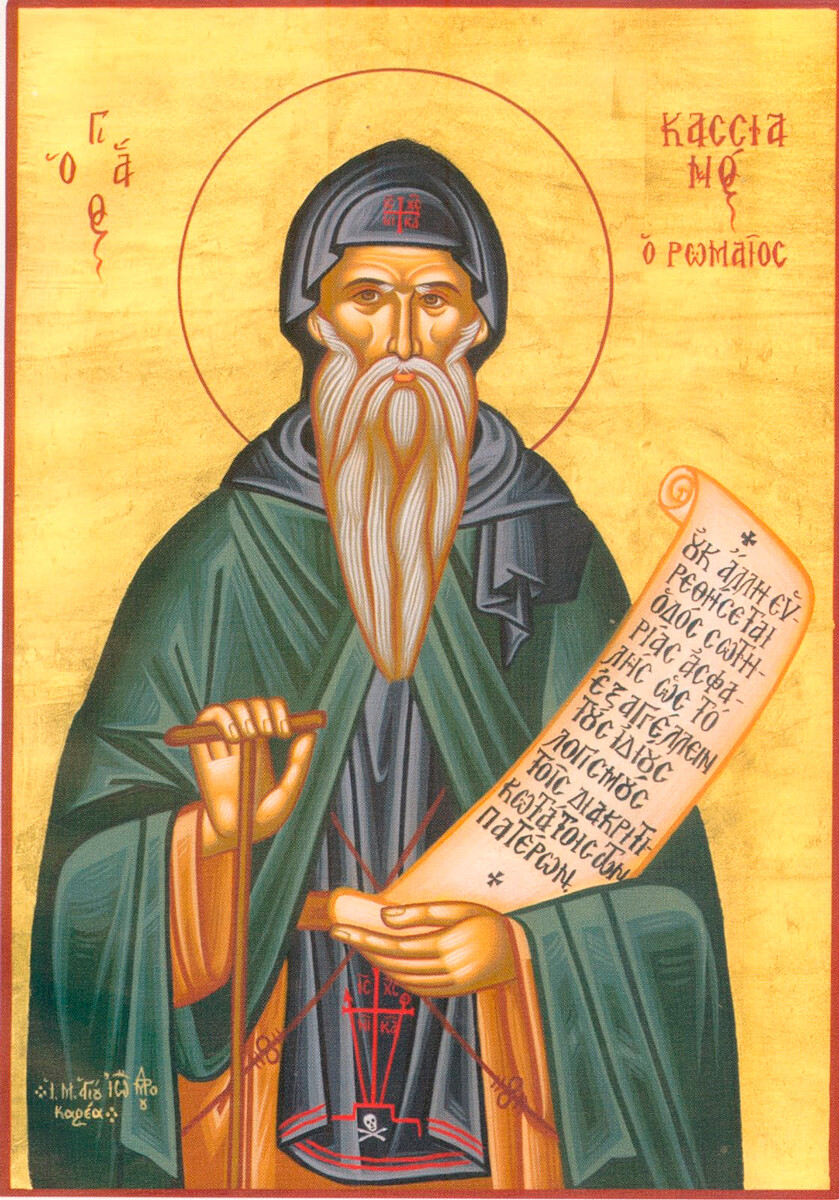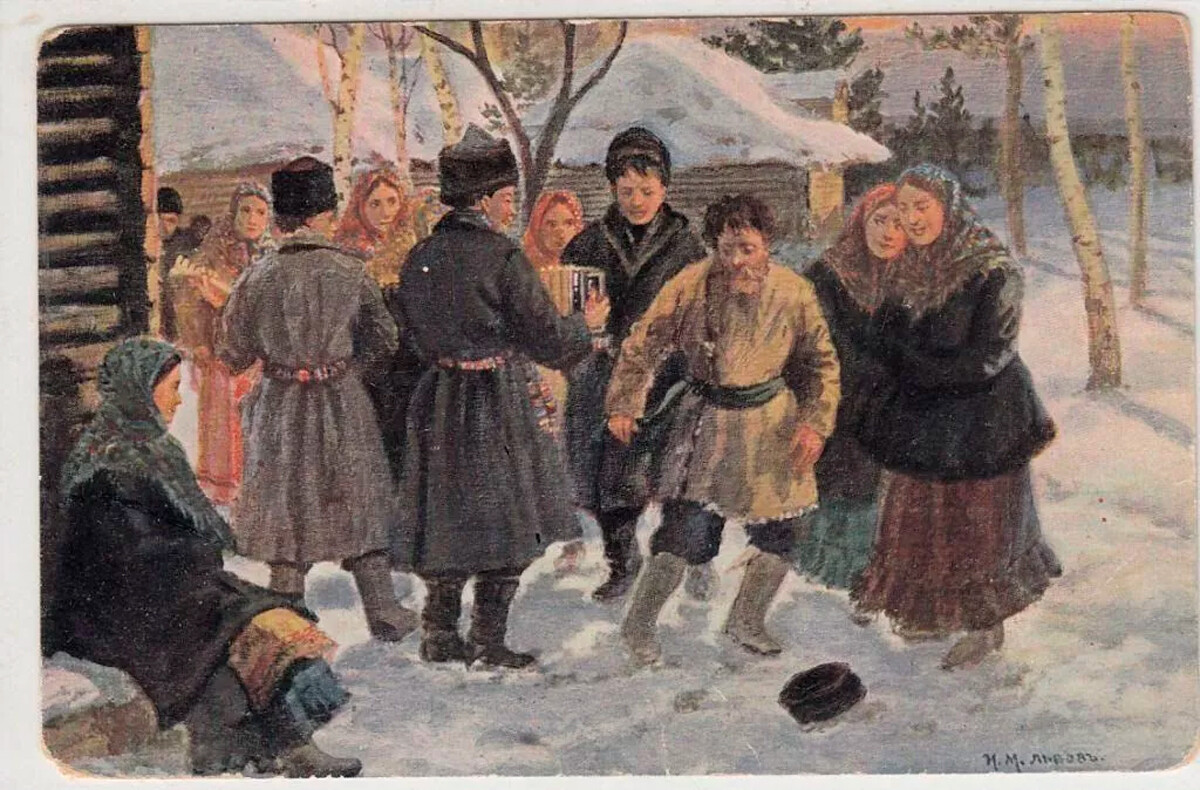
Kasyan the Unforgiving, Kasyan the Envious, Kasyan the Crooked, Kasyan the Malmemorable - folk tales endowed him with the most unpleasant characteristics. People believed that Kasyan could set a man on fire just by looking at him, and strike people and livestock with diseases.

Some legends said that Kasyan went over to Satan's side and became a guardian of the Gates of Hell. For this, the Lord allegedly ordered to beat him on the forehead with a hammer for three years in a row and, only on the fourth year, let Kasyan return to Earth.

Therefore, on Kasyan's day people did not wed and, generally, stayed indoors doing nothing, not letting strangers into the house and placing amulets around the stables. Some were afraid to do household chores before sunrise - this time was considered the most dangerous - and tried to sleep until dinner.

It was believed that those born on February 29 would be haunted by misfortune. One couldn’t share one’s plans on that day - they were bound to get upset.
Do you believe in such omens?
Dear readers,
Our website and social media accounts are under threat of being restricted or banned, due to the current circumstances. So, to keep up with our latest content, simply do the following:
If using any of Russia Beyond's content, partly or in full, always provide an active hyperlink to the original material.
Subscribe
to our newsletter!
Get the week's best stories straight to your inbox